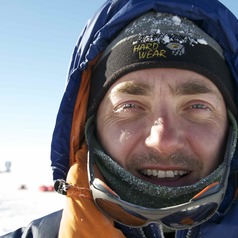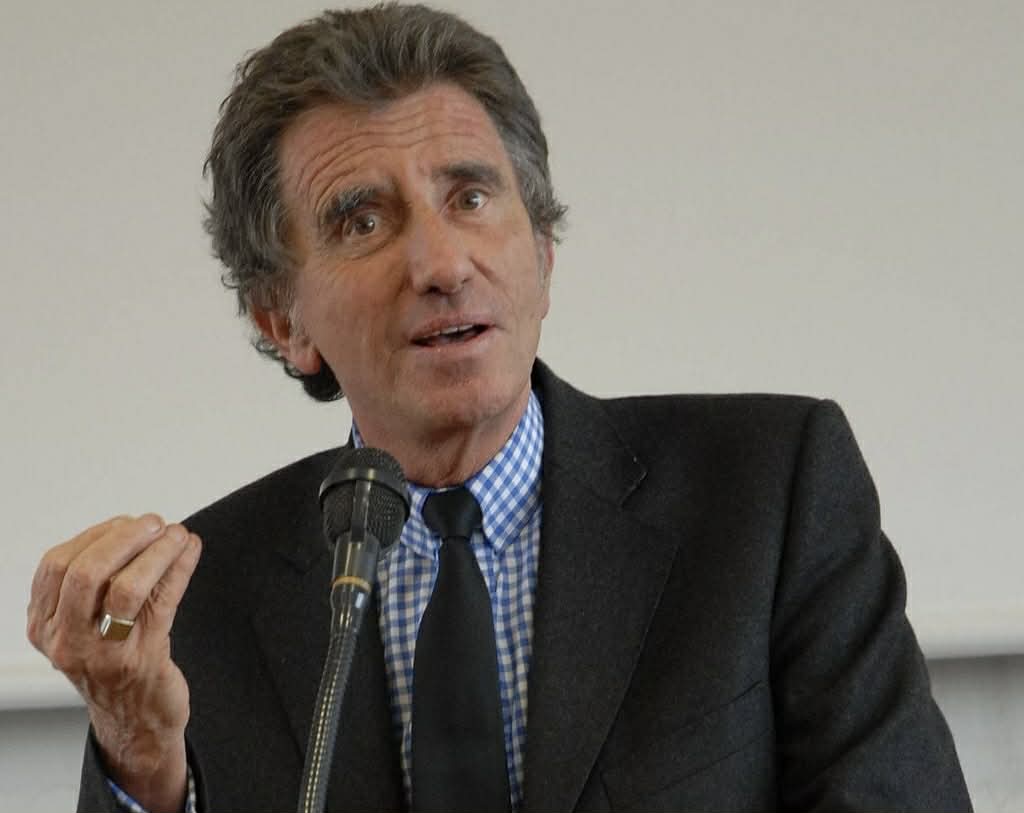
Chris Turney
I am a Professor of Earth Sciences and Climate Change at the University of New South Wales where my team and I are focusing our efforts on using the past to better understand the causes and impacts of future environmental change. As part of this I set up and now direct the Earth's Past Future Project (www.earthspastfuture.com), an international, multidisciplinary programme dedicated to exploiting records of past change to help reduce the uncertainties surrounding future projections; within this I co-lead the Ellsworth Mountains Project (http://ellsworthmountains.com/) and the Ancient Kauri Project (http://ancientkauriproject.com/). To do something positive about climate change, I am working with a wonderful group of people at CarbonScape (http://carbonscape.com/), a carbon refining company that has developed microwave technology to fix carbon from the atmosphere and make a host of green bi-products, including activated carbon, sustainable fuels and biochar.
Communicating science is more critical than ever. As a scientist I believe we need to show why science is such a wonderful tool for understanding the world around us; not just the headline discoveries but how science actually works. I have written several books, the most recent of which is 1912: The Year The World Discovered Antarctica which looked at the dawn of a new age in understanding the natural world, and how we might reawaken the public's excitement for exploration and discovery.
Inspired by the events surrounding 1912 I led the Australasian Antarctic Expedition 2013-2014, a privately-funded multidisciplinary scientific expedition, that set out to discover the environmental changes taking place in the south. A major part of the AAE 2013-2014 was communicating our scientific findings – from the deep field and in real time.
You can follow my team in the lab and the field using the full range manner of social media as Intrepid Science (www.intrepidscience.com), reporting discoveries when they happen, where they happen.
I'm passionate about science, adventure and leadership. Please feel free to contact me.

Scientists need to engage more with the public to secure funding
May 02, 2016 01:48 am UTC| Insights & Views Science
We live in an age when society is crying out for scientific solutions to global problems. Just a few of the many considerable challenges we face include the urgent need to transition to a carbon-free economy, the need for...
- Market Data









































